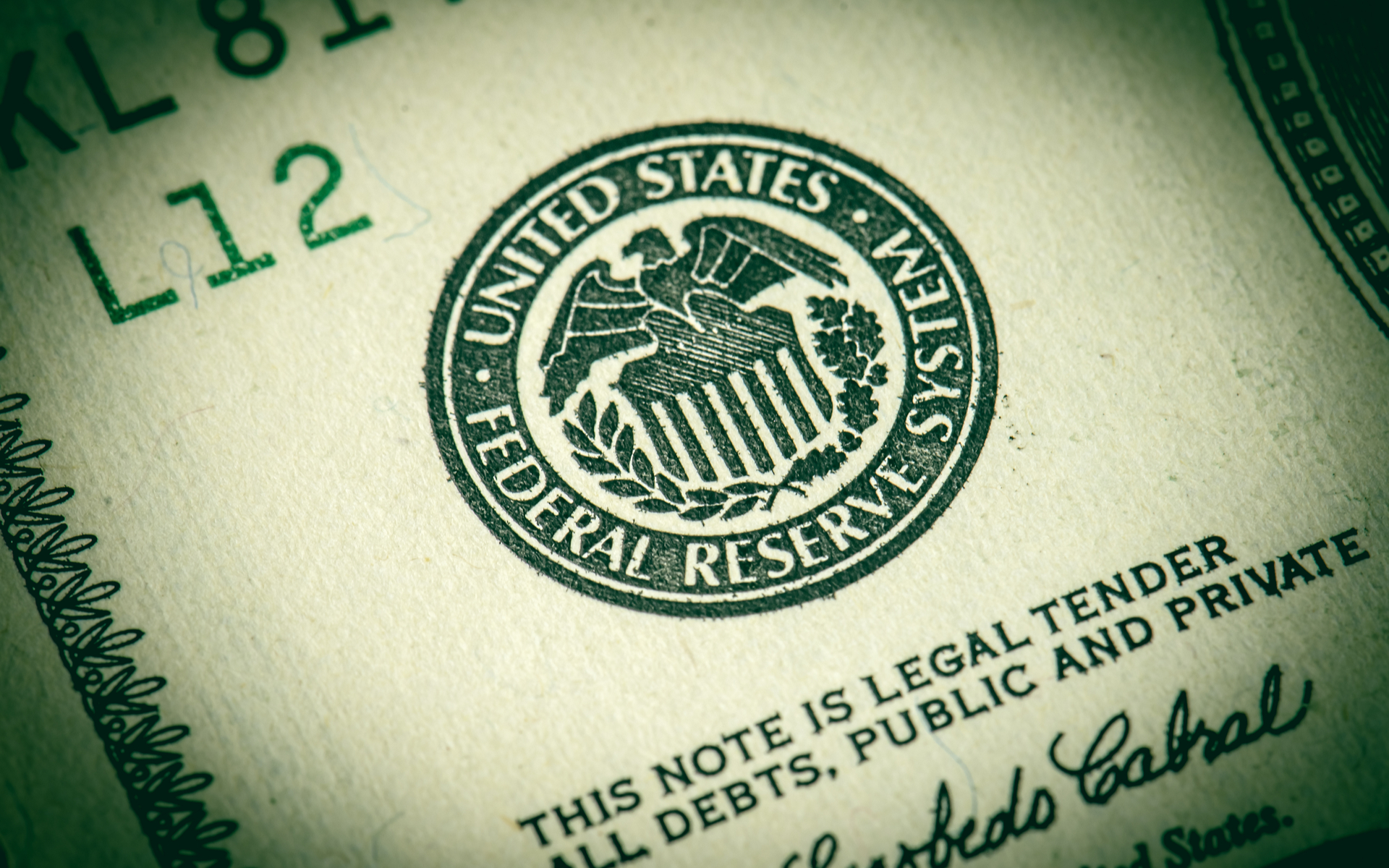PALO ALTO, Calif. (Reuters) - The Federal Reserve is looking at a broad variety of problems around digital payments and currencies, consisting of policy, style and legal factors to consider around possibly providing its own digital currency, Governor Lael Brainard stated on Wednesday. Brainard's remarks recommend more openness to the possibility of a Fed-issued digital coin than in the past." By changing payments, digitalization has the potential to provide higher worth and convenience at lower cost," Brainard said at a Homepage conference on payments at the Stanford Graduate School of Service.
Central banks internationally are discussing how to handle digital financing innovation and the dispersed journal systems used by bitcoin, which guarantees near-instantaneous payment at possibly low cost. The Fed is establishing its own round-the-clock real-time payments and settlement service and is presently reviewing 200 remark letters submitted late last year about the suggested service's style and scope, Brainard stated.
Less than 2 years ago Brainard informed a conference in San Francisco that there is "no compelling demonstrated requirement" for such a coin. However that was prior to the scope of Facebook's digital currency aspirations were widely understood. Fed authorities, including Brainard, have actually raised issues about customer defenses and data and personal privacy threats that might be postured by a currency that could enter into use by the third of the world's population that have Facebook accounts.
" We are working together with other reserve banks as we advance our understanding of reserve bank digital currencies," she said. With more countries looking into providing their own digital currencies, Brainard stated, that includes to "a set of factors to likewise be making certain that we are that frontier of both research and policy development." In the United States, Brainard said, concerns that need research study consist of whether a digital currency would make the fedcoin 2020 payments system more secure or simpler, and whether it could position financial stability dangers, consisting of the possibility of bank runs if cash can be turned "with a single swipe" into the reserve bank's digital currency.

To counter the financial damage from America's extraordinary national lockdown, the Federal Reserve has actually taken unprecedented steps, including flooding the economy with dollars and investing straight in the economy. The majority of these moves got grudging acceptance even from numerous Fed skeptics, as they saw this what is fedcoin stimulus as required and something only the Fed could do.
My brand-new CEI report, "Government-Run Payment Systems Are Unsafe at Any Speed: The Case Against Fedcoin and FedNow," information the threats of the Fed's current plans for its FedNow real-time payment system, and proposals for central bank-issued cryptocurrency that have actually been called Fedcoin or the "digital dollar." In my report, I talk about concerns about privacy, data security, currency control, and crowding out private-sector competitors and development.
Proponents of FedNow and Fedcoin say the federal government needs to develop a system for payments to deposit immediately, instead of encourage such systems in the private sector by raising regulative barriers. But as noted in the paper, the private sector is providing an apparently endless supply of payment technologies and digital currencies to solve the problemto the degree it is a problemof the time space between when a payment is sent out and when it is received in a bank account.
And the examples of private-sector innovation in this area are numerous. The Clearing House, a bank-held cooperative that has actually been routing interbank payments in various forms for more than 150 years, has been clearing real-time payments considering that 2017. By the end of 2018 it was covering 50 percent of the deposit base in the U.S.